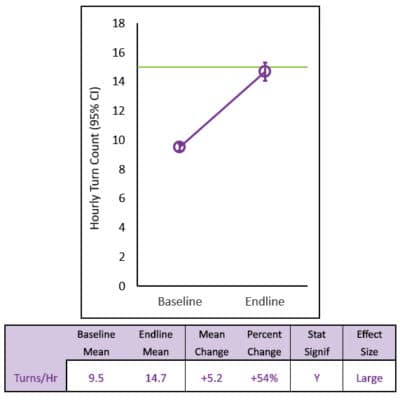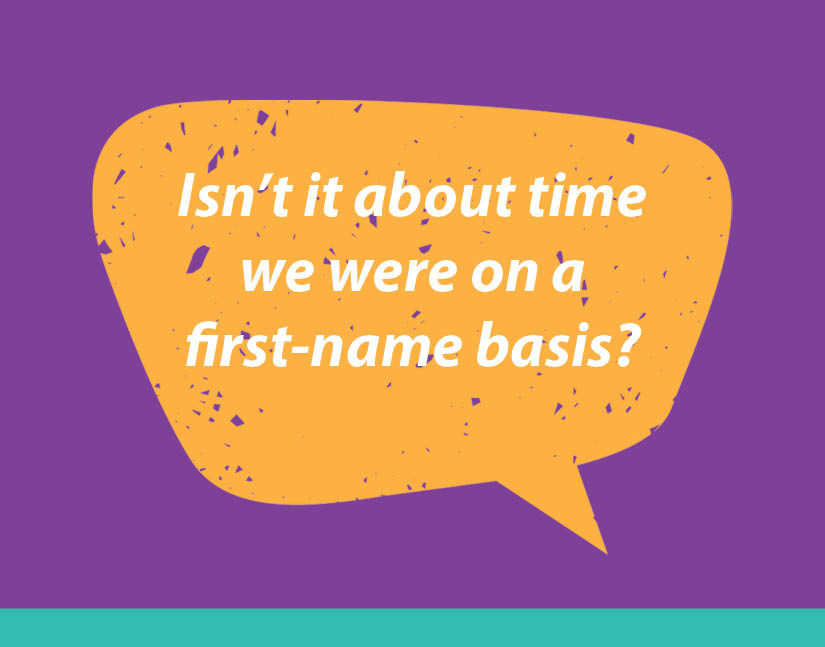Last year around this time, we wrote that “2020 wasn’t the year we planned for.” Has 2021 been any different? Has it been any more normal? Well, yes and no.
Many of us have embraced the idea (or resigned ourselves to it) that “normal” is too far gone. It’s not really anything we can ever return to. In a way, this is a hopeful mindset, because it’s based on sincere reflection and continuous improvement. For instance, the trials of the pandemic years have brought some very important problems, as well as the need for immediate solutions, into razor-sharp focus:
- The struggles faced by parents with young children have taken center stage. Families are navigating children’s early years as no families have had to do before. The long-term effects on children’s cognitive and socioemotional development will surely be the subject of many, many research studies to come.
- The precarity of the livelihoods of early childhood educators has rightfully risen in prominence. These professionals, overwhelmingly women, deserve recognition, celebration, and remuneration for their role as educators, brain architects, and, collectively, a pillar of the entire economy.
These are issues that are near and dear to our hearts here at LENA. Big, positive changes for parents and educators must be part and parcel of whatever the “new normal” comes to be. It’s imperative. As the research studies are conducted and the legislation debated — both slow-moving by nature — we’re committed to delivering our programs to help parents and educators in the here and now.
Together with our nearly 200 implementing partners, we’re making a real impact for communities and individuals alike.
Data that motivate

In 2021, LENA Grow teachers increased their conversational turn counts by 54% among the children who came into the program experiencing the least amount of talk!
How do we know we’re making an impact for communities?
Because, in the face of so many uncertainties, we’re an organization that always comes back to the numbers. Numbers are motivating. They distill a lot of hard work into clear-cut figures.
By year’s end, we will have processed:
- 75,000 LENA Days.
- 18,000,000 conversational turns.
Also by year’s end, we will have reached:
- 13,000 children.
- 5,000 parents.
- 1,700 teachers.
Those 1,700 teachers who participated in LENA Grow made amazing gains over the course of the program. Those gains represent some of the most encouraging numbers from 2021. On average, they raised their conversational turns count by 54% among the children who came into the program experiencing the least amount of interactive talk! In terms of statistics, that’s a significant change with a large effect size. In terms of real-world impact, it means these educators created engaging, brain-building language environments for every individual child in their care.
“It’s heartening to see just how enthusiastically our partners are making LENA programs work in their communities,” said Steve Hannon, PhD, President and CEO of LENA. “Across the board, from the parents participating in a LENA Start session at the end of a long day to the teachers and center directors engaging in professional development while juggling the pandemic’s challenges, the dedication is remarkable. When you do the math, children have experienced over 100 million conversational turns during their participation in LENA programs in 2021.”
Stories that inspire
Those are some of the big-picture numbers. But how do we know we’re making an impact for individuals?
Because we’re also an organization that always comes back to stories. We know we’re making an impact for individuals because we listen to what they have to say. Numbers tell their own kinds of stories, but people tell the ones that really hit home.
- Three mothers who participated in LENA Start through the Pikes Peak Library District in Colorado showed us the breadth of experiences that families bring to our programs.
- Two early education professionals at the Early Learning Coalition of Sarasota County, Fla., showed us how they’re using LENA Grow to foster pride among teachers.
- And then there are these testimonials from teachers participating in LENA Grow, videos they made to help recruit other child care centers in Memphis, Tenn., to adopt the program:
Averting the problems, embracing the solutions
Early on this year, our research team published the Inside Early Talk report. In it, they used an enormous data set from over 10,000 LENA participants to lay out very clearly some of the obstacles standing in the way of equitable, high-quality care for all infants, toddlers, and preschoolers.
One relatively small point in that report speaks volumes about LENA and about the importance of early talk: Even in classrooms that may be considered high-quality overall, individual children are still spending large portions of their day in language isolation. To make inroads in changing early childhood education comprehensively, we must start at the level of the individual child, and we must start with the most easily achievable solutions. That’s exactly what LENA does: We help adults see how each individual child experiences the world through language, we tell them about how important those language environments are, and we help them talk more, and more interactively, with the children in their care.
Lifting up the importance of early talk is far from a cure-all. It is, however, such an immediately effective and cost-conscious way to improve the lives and futures of so many children.
The theme of this year may have been averting further crisis in early childhood education. We hope next year isn’t about averting something bad, but rather embracing something good: the opportunity we all have to interact meaningfully with young children and actively nurture their developing minds.





